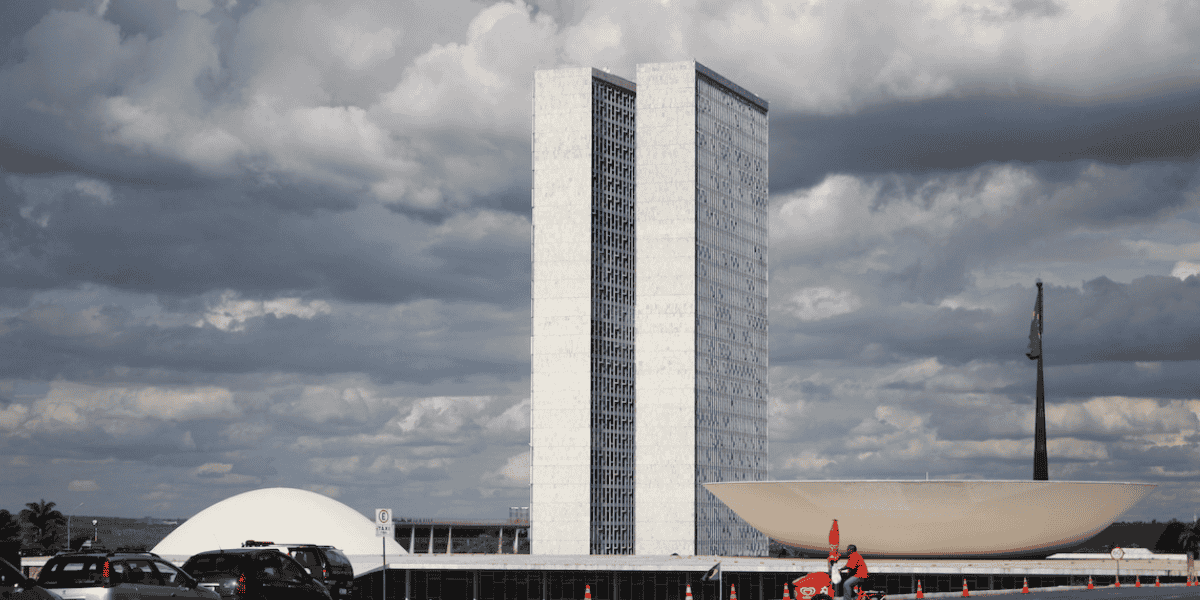Brazil’s lower house of Congress, on 10 July 2024, passed legislation to overhaul the tax system.
This follows after lawmakers demanded Brazil implement major tax reforms to improve productivity by simplifying Brazil’s complicated taxation regime, which is expected to reduce the cost of doing business.
The cost of doing business in Latin America’s largest economy is high compared to its neighbors as the country due to substantial compliance costs.
In addition to stimulating economic growth in the country, one key driver for Brazil to reform its taxation system and tax regulations is to streamline consumption taxes, which is currently around 34%. If tax reforms are implemented, the government has expectations that the system will be digitalised, curbing tax evasion and fraud. This could lead to a reduction in consumption rates.
As such, the bill has been amended before being approved, such as limiting the consumption tax rate to 26.5%. Furthermore, the tax reform should lower the prices of everyday consumer products, as they will no longer be subject to multiple taxes.
Another notable tax reform of this bill is the consolidation of five existing taxes into a single consumption levy, known as a value-added tax (VAT), with distinct federal and regional rates.
Furthermore, the bill introduces a special tax on products such as cigarettes, alcoholic beverages, gambling machines, and electric vehicles (EVs); citing that these products have a negative effect on human health and the environment.













